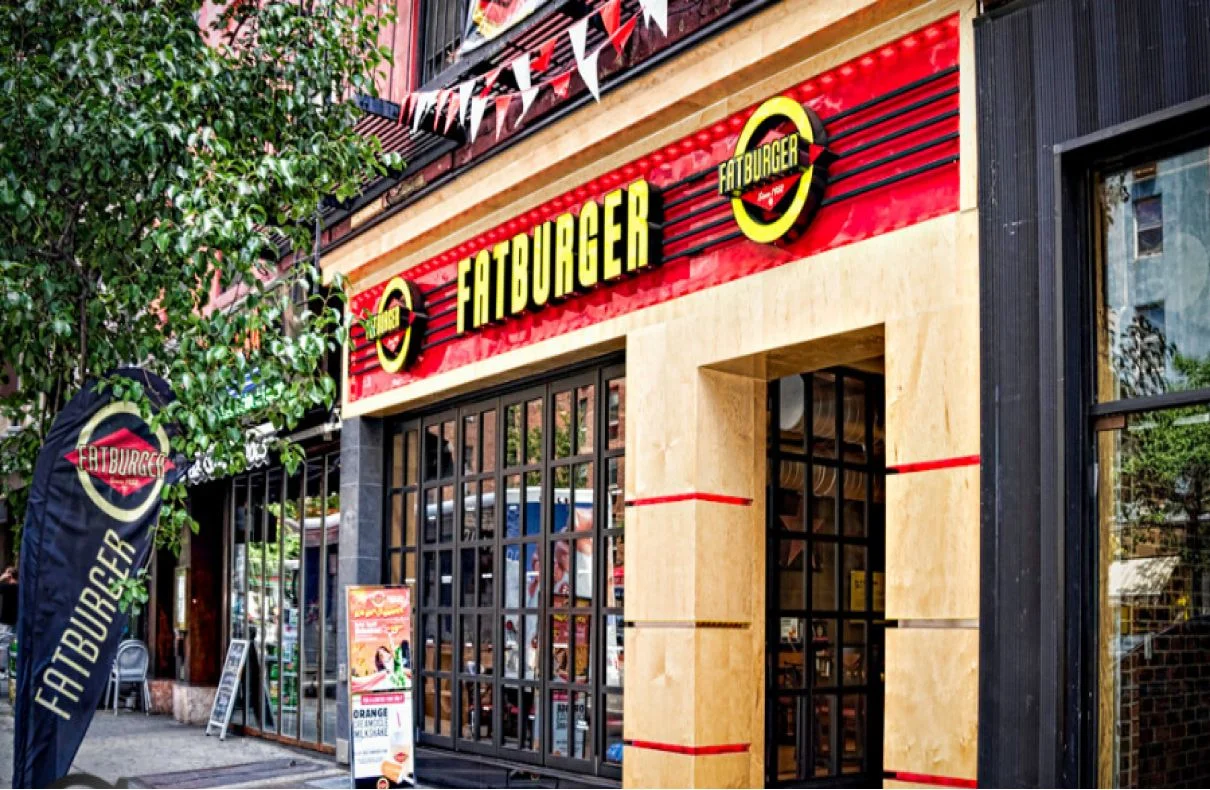
Fast food franchise owners in California are facing significant challenges as the state’s minimum wage is set to increase to $20 per hour for fast food workers. This impending change has forced franchise owners to take drastic measures to offset the expected increase in labor costs. Marcus Walberg, the owner of four Fatburger franchises in Los Angeles, has shared his concerns and the actions he’s taking to navigate this new reality.
The new California law, set to go into effect on April 1st, will raise the minimum wage for fast food workers to $20 per hour. This represents a nearly 30% increase in labor costs for franchise owners, leading them to make difficult decisions to maintain profitability. Marcus Walberg, the owner of four Fatburger franchises, has emphasized the pain that franchise owners are likely to experience as a result of this drastic measure.
One of the primary actions taken by franchise owners like Walberg is raising menu prices. Already facing complaints about high prices, Walberg plans to increase prices by as much as 10% at his restaurants. Last year, he implemented an 8% menu price increase, and with the impending minimum wage hike, an additional 8-10% increase is necessary. However, the challenge lies in striking a balance between covering increased costs and avoiding customer dissatisfaction due to already high prices.
Police Raid Gone Wrong in Ohio! Toddler Hospitalized with Burns
Another measure being implemented by franchise owners is the reduction of employee hours and a freeze on hiring. Rather than laying off workers, Walberg is trimming employee hours and refraining from hiring new employees to fill job vacancies. This cost-cutting initiative aims to manage labor expenses without sacrificing essential staffing levels. However, this reduction in hours may impact the livelihoods of workers who rely on full-time employment and the stability it provides.
To further offset the increased wages, franchise owners have made the difficult decision to eliminate paid time off (PTO) programs. Walberg, who had been offering up to 72 hours of PTO to his workforce, had to eliminate this benefit to prepare for the wage increase in 2024. This change is a significant blow to employees who relied on paid vacation time for personal and family needs. Walberg expressed his regret, stating that he can no longer afford to provide this benefit due to the impending increase in labor costs.
The impact of California’s minimum wage increase extends beyond individual franchise owners. The fast-food industry as a whole is bracing for the consequences. Multiple Pizza Hut franchises in California have already announced plans to lay off delivery drivers in anticipation of the higher labor costs. These franchisees are shifting their focus to third-party delivery apps like Uber Eats, GrubHub, and DoorDash.
The increase in wages also affects consumers. Fatburger’s competitor, McDonald’s, has already raised prices by 20% over the past two years. Analysts predict that McDonald’s may raise the cost of its signature Big Mac combo to as much as $15 in California following the minimum wage bump. As prices continue to rise, customers may face increased financial strain and potential dissatisfaction with the higher costs of their favorite fast food items.
Despite the challenges posed by the minimum wage increase, franchise owners like Walberg are implementing various strategies to navigate this new landscape. These strategies include:
With the need to cover increased labor costs, franchise owners are raising menu prices. However, they must approach this increase strategically to avoid alienating price-sensitive customers. Walberg is checking menu prices at rival establishments to ensure his price adjustments are in line with market standards. While raising prices is necessary, franchise owners must strike a delicate balance to maintain customer satisfaction and profitability.
Philadelphia Tragedy: A Grim Tale of Execution-Style Shooting
To manage labor expenses, franchise owners are reducing employee hours and implementing hiring freezes. By being more cautious with employee schedules and not hiring new staff, they aim to optimize productivity while controlling costs. However, these measures may impact worker morale and the availability of job opportunities for individuals seeking employment.
The elimination of paid time off programs is another unfortunate consequence of the minimum wage increase. Franchise owners, like Walberg, have made the difficult decision to scrap PTO benefits to align with the anticipated higher labor costs. This change may negatively impact employee satisfaction and work-life balance.
With entry-level workers set to earn $20 per hour, franchise owners must also consider wage adjustments for managers and shift leaders who have greater responsibilities. These higher-level employees may demand increased compensation to maintain motivation and job satisfaction. Franchise owners must strike a balance to ensure fairness while managing overall labor costs.
Franchise owners anticipate a shift in hiring patterns as casual-dining workers seek better-paying opportunities in the fast-food sector. With the minimum wage increase not applying to employees at full-service chains, casual-dining workers may “jump ship” to fast-food establishments due to the higher pay. This change may lead to an influx of applications from individuals with more experience in the hospitality industry.
The increase in California’s minimum wage for fast food workers presents a significant challenge for franchise owners. The strategies they employ to mitigate the effects will determine their ability to maintain profitability and customer satisfaction. Raising menu prices, reducing employee hours, and eliminating paid time off programs are difficult decisions that impact both workers and consumers. The future of the fast-food industry in California will depend on the ability of franchise owners to navigate these changes while maintaining a balance between financial sustainability and customer affordability.
